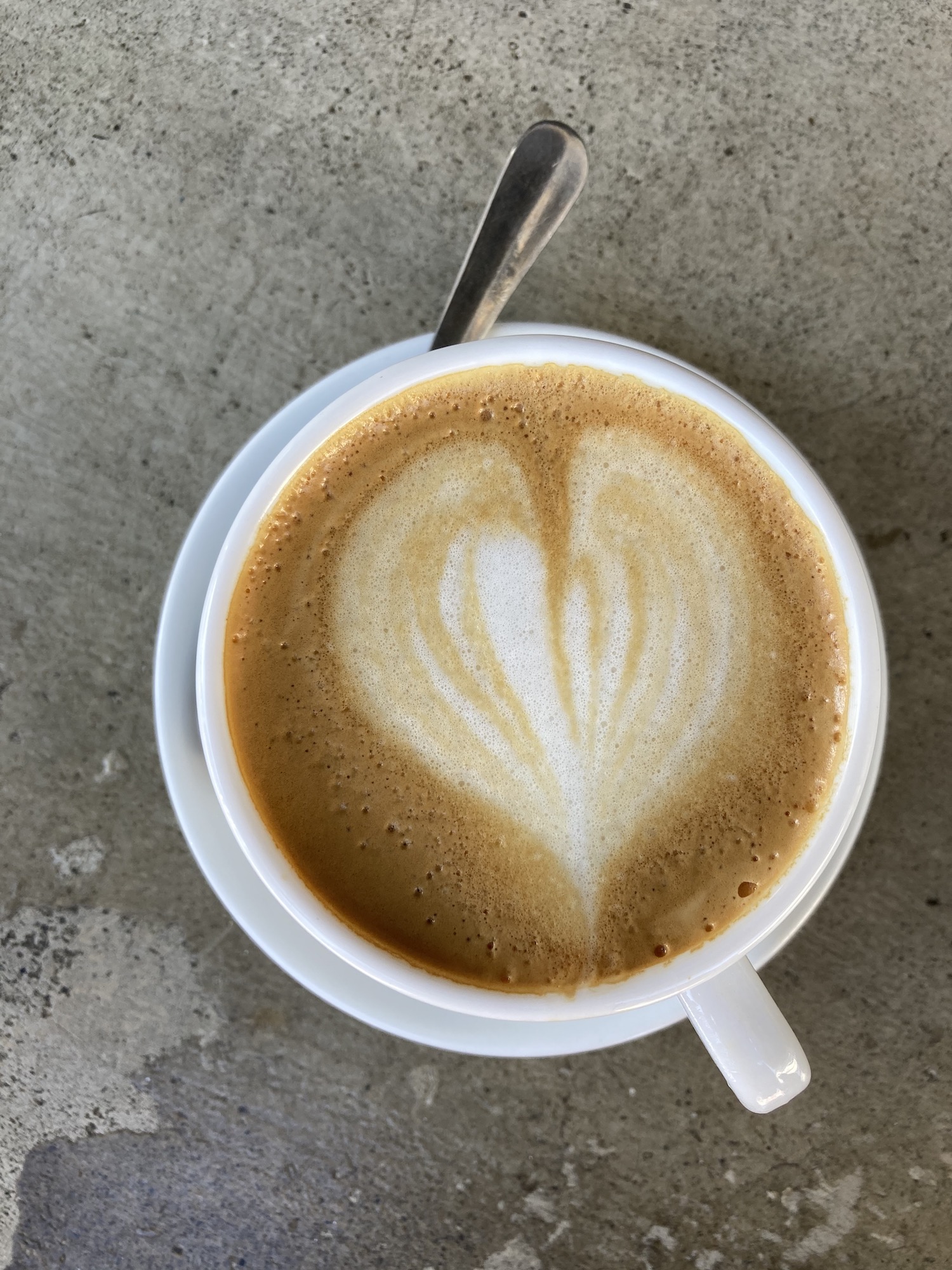
Most of the time when we eat or drink, we’re adding macro and micro nutrients to our bodies.
We’re building our energy, and supporting cellular turnover – regeneration.
We’re building our immune systems, and every other system.
Caffeine does the exact opposite.
It’s an anti-nutrient.
It depletes the body with its diuretic effect. It wipes out nutrients.
Not only that, it makes the liver and kidneys work extra hard to detox it, rather than focusing on their basic detox role.
This slows down our detoxification processes, and therefore metabolism.
The “benefits” of caffeine are short-lived, and merely a result of the adrenaline rush it triggers:
- Elevated heart beat
- Feeling of increased focus
- Surge of “energy”
In this fight or flight state, we’re not actually energized – our body is scrambling to use all resources to fight off a perceived threat – just the same as if someone was chasing you.
Being in fight or flight doesn’t give you energy, it ultimately takes away energy.
Your body has to work hard to return to homeostasis after that intense, unnecessary spike in hormones… because in most cases, you weren’t actually in danger, you were just having your morning coffee.
Your body is not designed to go into fight or flight multiple times a day – or even once every day – yet that’s what happens every time you drink a cup of caffeine, whether it’s coffee, tea, or cacao.
Caffeine temporarily allows you to focus on busy work, because the fight or flight state gives you a single point of focus – all energy and focus are dedicated to one thing: Originally, survival, but the feeling carries over to any task.
While you might get a lot done during your caffeine-induced adrenaline rush, entering this state reduces your big picture, critical thinking skills, as oxygen is directed to the muscles, to fight off bad guys, rather than the brain, to produce brilliant ideas.
There’s also a major connection between caffeine and body fat.
When your body goes into the stressed, fight or flight state and releases cortisol, you hold on to fat as a protection mechanism – especially around the belly and upper body.
We do this to protect ourselves and our vital midsection organs from threats, and to create energy stores in case food is scarce in this threatened state.
This is why some people gain weight from stress alone, without any other lifestyle changes.
This isn’t the case for everyone. Some people lose weight when they’re stressed, and are not affected by caffeine.
It all depends on how strong your baseline health is, and how fast or slow your body metabolizes caffeine.
Regardless, caffeine is deleterious to everyone over time, as it leaches nutrients.
I love coffee and tea, but they don’t love me in large amounts.
I can have 1-3 servings per day, including coffee, tea, chocolate, kombucha, and any other beverage or food source of caffeine that might cross my lips.
Many people cannot even handle 1 serving per day – that little can still have a huge effect.
Balancing my relationship with caffeine has been extremely challenging at times – almost more challenging than healing my relationship with food and my body, because it was sneakier.
I thought I was just a bit stressed, anxious, and fatigued from living in NY and working so much. But I realized my symptoms were largely caused by caffeine.
I used to think caffeine was this sexy ritual, and I loved the taste.
Now I know that I am the sexy thing, and caffeine actually makes me feel markedly unsexy – heavy, tired, and anxious. And it was a feeling – I didn’t look heavier in the mirror.
How I felt didn’t match what I saw.
Because I wasn’t feeling weight, I was feeling exhaustion: The inability to carry myself – to move through my day and do basic tasks with energy.
Balancing your relationship with caffeine, which often means drinking less, a different type, or none, makes you more energized, focused, and able to handle the stressors of life – whether major or everyday.
It’s like a fog lifts. Everything shifts into technicolor. Music sounds better. Movies look better. You begin to feel everything on a deeper, more magical level.
Bottom line: Caffeine is incredibly dulling.
Caffeine makes you a live wire.
Reducing or eliminating it makes you a resilient rope, made of natural fibers.
I’ve helped a lot of clients with caffeine, and it’s given them their lives back.
When navigating caffeine, there’s usually a physical and emotional dependence, which is why it’s so helpful to work through it with a coach who has been there.
If you’re experiencing any level of fatigue, sadness, anxiety, sleep issues, heaviness, dull skin, breakouts, bloating, or inexplicable weight gain, it could all be connected to caffeine.
Taking a break from caffeine or switching your source to something lighter than coffee can literally give you your life back. Give you yourself back. Give you your personality back, as caffeine makes you very reactive, guarded, sensitive, and/or sad – even depressed.
I’ve heard so many people describe the shift this way, and I completely agree.
Do you sense caffeine could be affecting you?
If you do, even on a low-grade level, I highly recommend reading Caffeine Blues.
It goes into depth on everything I’m talking about here.
I’d love to hear your thoughts and feelings about caffeine in the comments below.
Much love,
Lula

Coffee is a trickster. It feels so good for a period of time and then I notice shifts in my level of ease.
I knew it wasn’t wise to have daily but I persisted.
Taking a break from it now and feeling good.
xx, Deb
Totally!! I too have persisted so many times, LOL.
Beautiful you could sense that shift in ease, I love how you describe it.
XO,
Lula